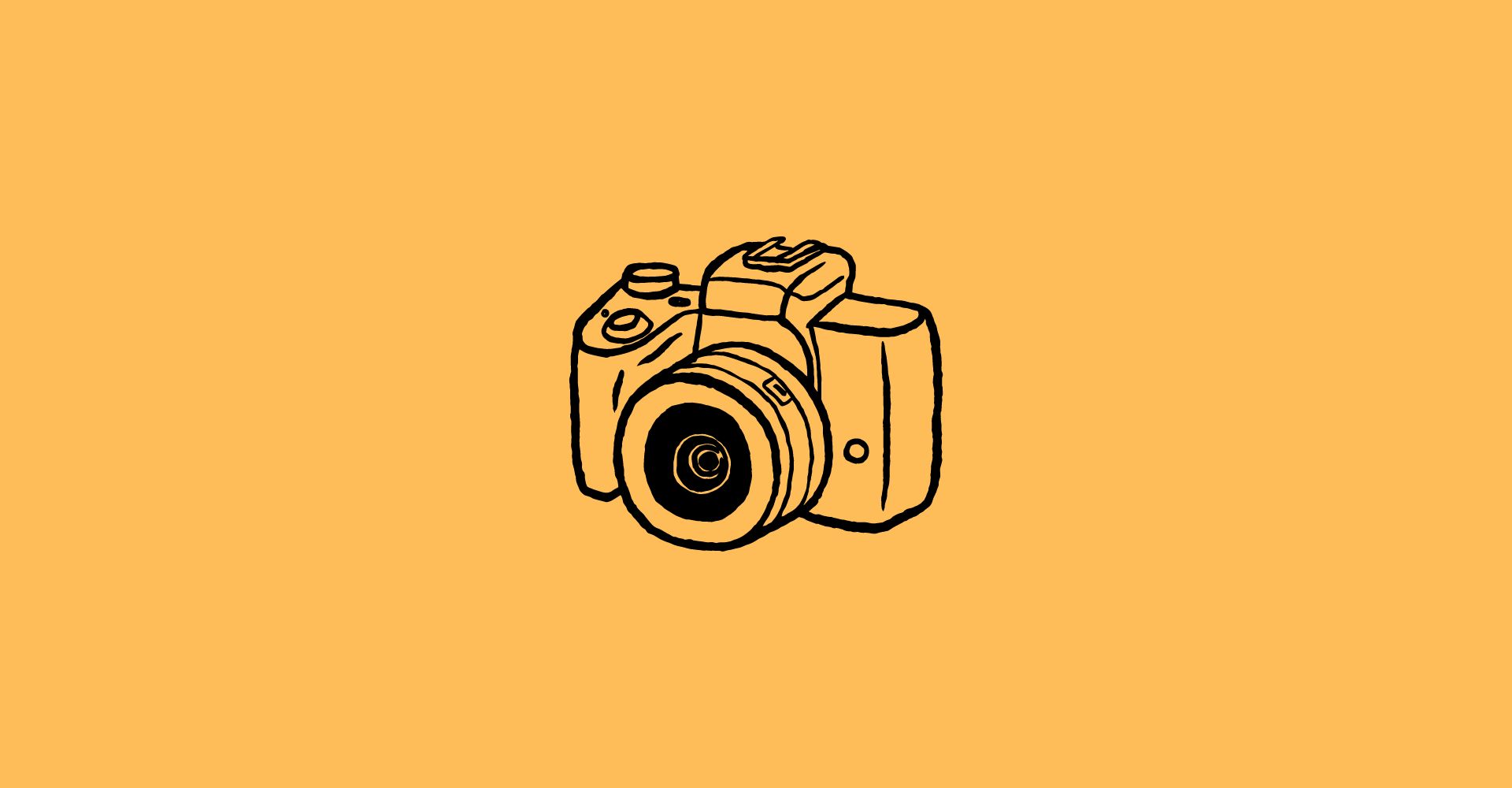Navigating the Impact of AI on the World of Photography


In recent years, artificial intelligence (AI) has significantly transformed various industries, and photography is no exception. AI’s influence on photography extends from the way images are captured to how they are edited and shared. This blog post explores the multifaceted impact of AI on the world of photography, examining its benefits, challenges, and future potential.
AI-powered cameras and smartphones can automatically adjust settings such as exposure, focus, and white balance based on the scene. This technology allows even amateur photographers to capture professional-quality images without deep technical knowledge. For instance, Google’s Pixel phones use AI to enhance low-light photography through features like Night Sight.
Modern cameras equipped with AI can recognize different scenes and objects in real-time. This capability helps in selecting the optimal settings for various scenarios, such as landscapes, portraits, or action shots. AI can identify faces, smiles, and even the presence of animals, ensuring that the perfect moment is captured with precision.
AI-driven editing software has revolutionized the post-processing phase. Programs like Adobe Photoshop and Lightroom now incorporate AI features that simplify complex editing tasks. For example, Adobe’s Sensei AI can automatically remove blemishes, smooth skin, and even change backgrounds with just a few clicks.
AI’s ability to understand content allows for more intuitive editing. Tools like content-aware fill can intelligently remove unwanted elements from a photo and seamlessly fill in the gaps. This feature saves time and provides more natural-looking results compared to manual editing.
AI algorithms can apply artistic styles to photos, transforming them into works of art. Style transfer technology enables users to mimic the style of famous painters or create unique visual effects. Additionally, AI-powered filters can enhance images by adjusting colors, contrast, and other parameters to achieve the desired look.
AI helps photographers organize their vast collections of images more efficiently. AI-driven photo management software can automatically tag and categorize photos based on their content. Google Photos, for instance, uses AI to group photos by people, places, and events, making it easier to find specific images.
AI enhances search functionality by allowing users to search for images using natural language queries. Instead of relying on manual tags, users can describe the content of a photo, and the AI will locate the relevant images. This capability is particularly useful for professional photographers and agencies managing extensive photo libraries.
The integration of AI in photography raises ethical concerns, particularly regarding deepfakes and image manipulation. AI can create highly realistic fake images and videos, which can be used for malicious purposes. It is crucial for photographers and the industry to establish guidelines and ethical standards to address these challenges.
While AI offers numerous tools to enhance photography, some argue that it might stifle creativity. The ease of achieving technically perfect images might discourage photographers from exploring creative techniques and experimenting with manual settings. Balancing the use of AI with traditional photography skills is essential to preserve the art form’s creativity.
The future of AI in photography could see the development of personalized AI assistants that learn from a photographer’s style and preferences. These assistants could offer real-time suggestions and automate repetitive tasks, allowing photographers to focus more on the creative aspects of their work.
AI could facilitate better collaboration among photographers, editors, and clients. AI-driven platforms might offer real-time feedback and editing suggestions during photo shoots, streamlining the workflow and ensuring that the final product meets the client’s expectations.
As AI technology continues to evolve, it will open up new creative possibilities in photography. AI could enable entirely new genres of photography, such as computational photography, where images are created through complex algorithms rather than traditional cameras. This innovation could push the boundaries of what is possible in the photographic arts.
The impact of AI on the world of photography is profound and multifaceted. From revolutionizing image capture to enhancing post-processing and facilitating photo management, AI offers numerous benefits that can elevate the art and practice of photography. However, it also presents challenges that must be addressed to ensure ethical use and to maintain the creative spirit of photography. As we navigate the evolving landscape of AI in photography, it is essential to embrace these technologies while preserving the artistic essence that defines this timeless craft.